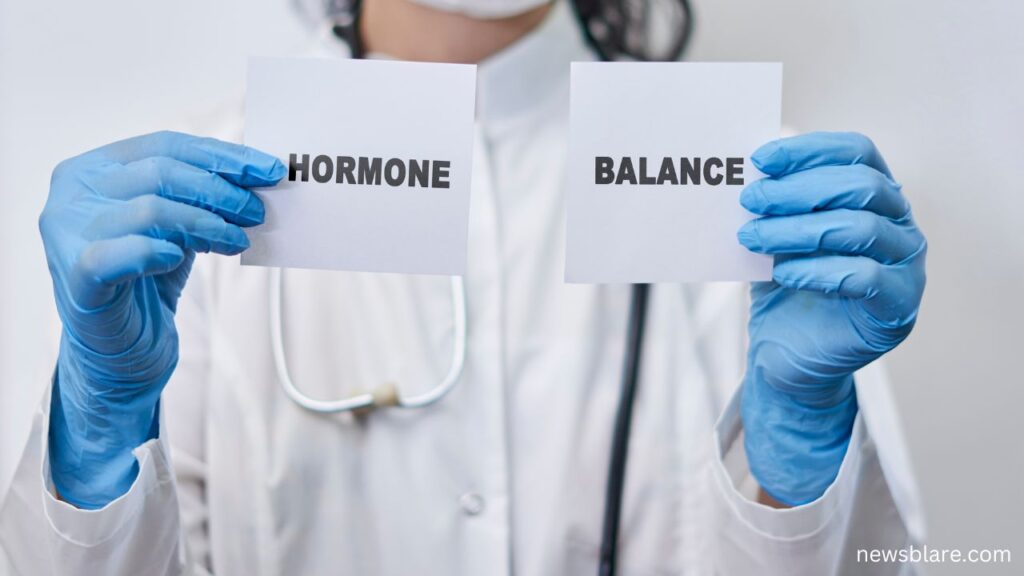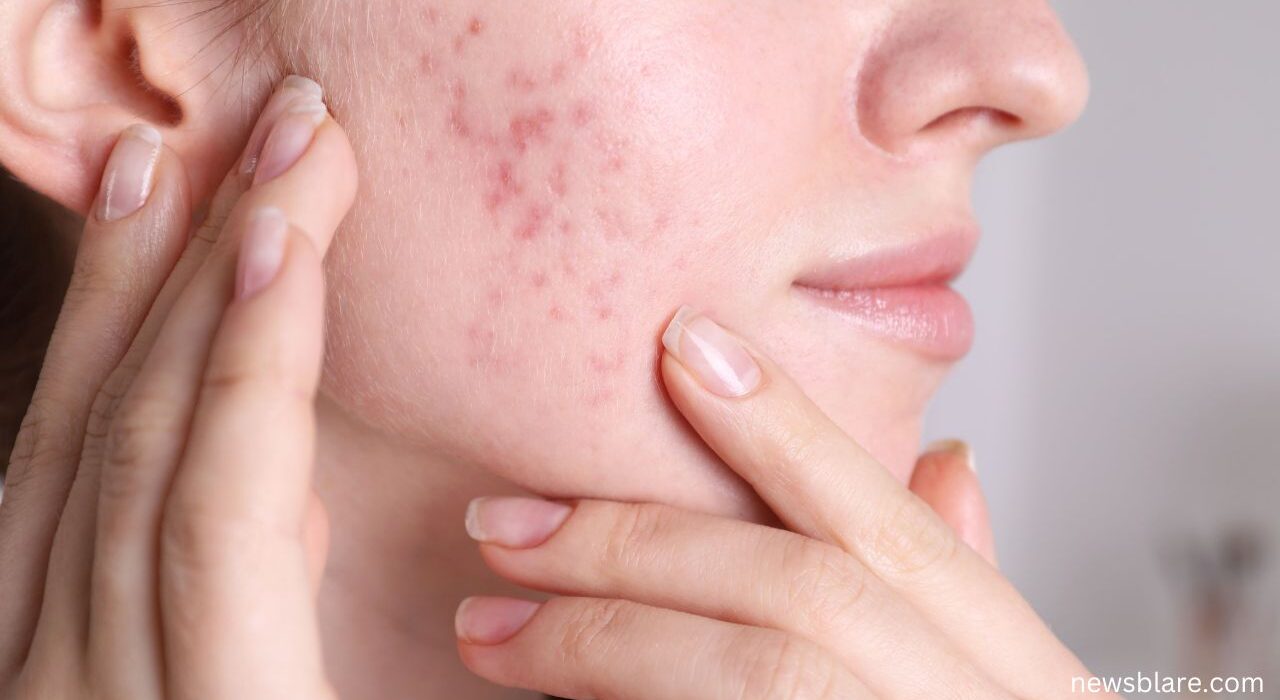Hormonal acne is a skin problem that affects many people, especially during puberty, pregnancy, or any other time when hormonal changes take place. It can develop at any age and is known to cause discomfort since it usually develops on the face, neck, and other parts of the body.
Some of the best dermatologists can be found at Apollo Hospitals Bannerghatta in Bangalore which provides some of the best treatments.
It is therefore important to know how hormonal acne can be managed and treated in order to come up with the best treatment plan. Whether you are experiencing occasional pimples or hormonal acne, this guide will assist you to discover ways to address the problem adequately.
What Causes Hormonal Acne?
Hormonal acne is mainly caused by hormonal changes, especially androgens such as testosterone. These hormones stimulate the glands to produce more sebum which in turn forms a plug that leads to the formation of acne. The main factors that trigger these hormonal imbalances include:
- Puberty: Adolescence is another stage when the body releases a lot of hormones that lead to acne breakouts.
- Menstruation: This is because estrogen and progesterone hormones fluctuate during the menstrual cycle and this leads to acne breakouts.
- Pregnancy: Fluctuations in hormones during pregnancy especially in the first trimester are known to cause acne.
- Polycystic Ovary Syndrome (PCOS): This condition is characterized by high levels of androgens, which cause acne among other symptoms.
- Menopause: Hormonal changes that are common in women who are in their postmenopausal period may lead to acne.
It is crucial to understand that hormonal acne can occur to anyone with hormonal imbalance issues, not only adults.

Symptoms of Hormonal Acne
It is therefore important to be able to identify the signs of hormonal acne so that it can be differentiated from other forms of acne and treated accordingly. Here are common signs:
- Deep, painful cysts: While the whiteheads and blackheads are only on the surface of the skin, hormonal acne is characterized by painful cysts just below the skin.
- Breakouts around the chin and jawline: Hormonal acne is usually experienced on the lower face, the jawline, and chin.
- Persistent acne that flares up during your menstrual cycle: If you find that you get acne every month, then it is most probably hormonal.
Hormonal acne: What Treatments Work?
Hormonal acne is difficult to treat, but there are many options based on the severity of the acne. Some people may require the use of prescription drugs while others can control the condition using non-prescription drugs and other interventions. Below are some of the most effective treatments:
1. Topical Retinoids
Vitamin A derivatives known as retinoids are very effective in the management of acne. They function by encouraging the shedding of dead skin cells and by not allowing the pores to become blocked. Topical retinoids include adapalene or tretinoin and are used for mild to moderate such acne.
These are usually bought over the counter but in severe cases, a prescription strength retinoid may be necessary. It is recommended to seek advice from the best dermatologists in Bangalore including those at Apollo Hospitals Bannerghatta to know the right treatment plan.
2. Anti-Androgen Medications
If oral contraceptives are not possible or not effective, dermatologists may prescribe anti-androgen drugs like spironolactone. These drugs act by inhibiting the action of androgens on the skin and thereby reducing sebum production and acne.
Nonetheless, anti-androgen medications should be taken only with the doctor’s prescription since they have side effects such as dizziness and irregular periods.
3. Benzoyl Peroxide and Salicylic Acid
For less severe hormonal acne, there are topical treatments available from the drugstore, such as benzoyl peroxide and salicylic acid. Benzoyl peroxide is effective in eradicating bacteria that cause acne whereas salicylic acid assists in the removal of dead skin and other debris that block the skin pores. These treatments can help to minimize inflammation and also stop new pimples from developing.
If you are in doubt as to which product is most suitable for your skin type, you should consult a dermatologist to help you choose the right treatment.
3. Dietary Changes
Although diet cannot be used to treat hormonal acne, some changes to your diet will have a positive impact on your skin. Cutting down on sugar and dairy products which are thought to raise insulin levels and thus sebum secretion may also help to decrease the occurrence of acne. Including foods with antioxidants and omega-3 fatty acids like green leafy vegetables and fish also help to decrease inflammation and promote better skin health. Avoid non-veg foods and go only vegetarian diets to avoid skin related problems.
5. Stress Management
Stress is another factor that can cause hormonal acne or worsen it further in the process of its development. During stress, the body releases more cortisol, which in turn raises androgen levels and acne breakouts. Stress reducing activities such as yoga, meditation, or even exercise can be incorporated into the management of these acne.
When to See a Dermatologist?
If you have hormonal acne that has not responded to OTC remedies and changes in your diet and lifestyle, you should see a dermatologist. The best dermatologists in Bangalore, particularly those working at Apollo Hospitals Bannerghatta, are well-versed in diagnosing and treating hormonal acne. A dermatologist will probably examine your medical history, lifestyle, and hormonal balance to develop a treatment plan that will suit you.
Conclusion
It is quite annoying to have hormonal acne, but knowing what causes it and how to handle it can be very helpful. Whether it is a counter product or a doctor prescribed product, there are many products available in the market to treat and minimize hormonal acne. It is therefore important to seek the services of a dermatologist especially if you have severe or persistent acne.
Also Read: Intermittent fasting diet plan: What to Eat & When? A Complete Guide
